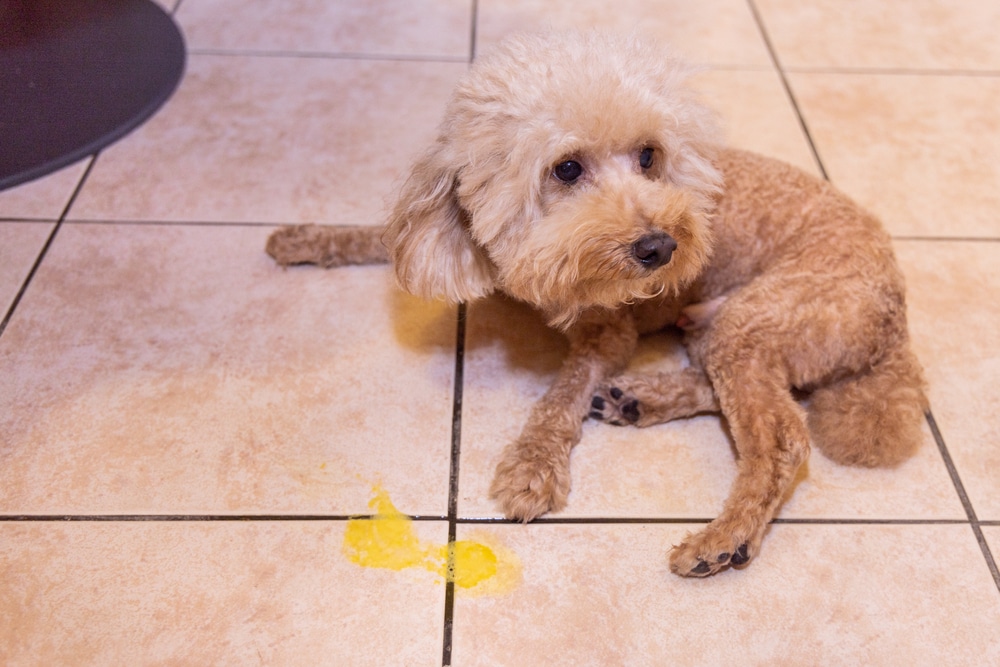Understanding Pet Poison Risks in Port Charlotte, FL
Living in Port Charlotte, FL, pet owners must be aware of potential poisoning hazards in their homes, yards, and local environment. Many everyday foods, household substances, and plants can be toxic to dogs and cats, leading to severe health complications or even fatalities.
At Groves Veterinary Clinic, we aim to educate pet owners about common pet toxins, their symptoms, and what to do in case of exposure. By understanding these risks, you can take preventative steps to protect your pet’s health.
Need immediate help? Check out ASPCA Poison Control for guidance.
Common Household Foods That Are Toxic to Pets
1. Chocolate and Caffeine
Toxic to: Dogs & Cats
Why? Chocolate and caffeine contain theobromine and caffeine, which affect the nervous system and heart.
Symptoms:
- Vomiting and diarrhea
- Rapid heart rate
- Restlessness or tremors
- Seizures in severe cases
Learn more about recognizing pet emergencies from AAHA’s guide.
2. Xylitol (Sugar Substitute)
Toxic to: Dogs
Why? Xylitol, found in sugar-free gum, peanut butter, and some baked goods, triggers a rapid insulin release, leading to dangerously low blood sugar and potential liver failure.
Symptoms:
- Vomiting
- Weakness and lethargy
- Seizures
If your pet ingests xylitol, seek emergency veterinary care immediately.
3. Grapes & Raisins
Toxic to: Dogs
Why? Even small amounts can cause kidney failure.
Symptoms:
- Loss of appetite
- Lethargy
- Increased thirst or urination
- Vomiting
4. Onions & Garlic
Toxic to: Dogs & Cats
Why? These contain compounds that damage red blood cells, leading to anemia.
Symptoms:
- Pale gums
- Weakness and lethargy
- Increased heart rate
- Dark-colored urine
Avoid feeding pets table scraps that contain onions, garlic, or seasoning blends.
Harmful Plants for Pets in Florida
Toxic vs. Non-Toxic Plants
Many common houseplants and outdoor plants can be toxic to pets. The Sago Palm and Oleander, frequently found in Florida, can be especially dangerous.
Check out the ASPCA’s toxic and non-toxic plant list to identify safe plants for your home.
Florida-Specific Toxic Plants
- Sago Palm – Highly toxic to dogs and cats, causing severe liver failure.
- Oleander – Can cause fatal heart toxicity if ingested.
- Lilies (for Cats) – Even small amounts can cause acute kidney failure.
If you suspect your pet has ingested a toxic plant, contact your veterinarian immediately.
Household Chemicals and Medications That Pose a Risk
1. Household Cleaning Products & Chemicals
Many common cleaners, including bleach, detergents, and antifreeze, are toxic to pets.
Antifreeze Warning: Ethylene glycol, found in antifreeze, is sweet-tasting but deadly to pets. It can cause kidney failure if ingested.
- Store chemicals securely.
- Use pet-safe cleaners when possible.
2. Pet Medications That Look Like Human Drugs
The growing similarity between pet and human medications increases the risk of accidental ingestion.
Read about how pet medications resemble human drugs and why extra precautions are necessary.
Never give your pet human medications unless directed by a veterinarian. Common pain relievers like ibuprofen and acetaminophen can cause fatal toxicity.
Immediate Actions: What to Do if Your Pet is Poisoned
First Aid Steps for Poisoned Pets
- Do not induce vomiting unless directed by a vet. Some toxins cause more harm if vomited.
- Contact Groves Veterinary Clinic immediately for emergency guidance.
- Have information ready, including:
- What your pet ingested (if known)
- The amount consumed
- Time of ingestion
- Symptoms observed
For emergency guidance, check AVMA’s emergency care resources.
Preventing Pet Poisoning
Creating a Safe Home Environment
- Store all medications, chemicals, and foods out of reach.
- Supervise pets around toxic plants or remove them from your yard.
- Secure trash cans to prevent scavenging.
FAQs About Pet Poisoning
1. What should I do if my pet eats something toxic?
Call your veterinarian immediately. Quick action can prevent serious complications.
2. How can I tell if my pet has been poisoned?
Common symptoms include:
- Vomiting and diarrhea
- Lethargy
- Seizures
- Difficulty breathing

3. Can small amounts of toxic foods still harm my pet?
Yes. Even tiny amounts of grapes, onions, xylitol, or chocolate can cause serious problems. Never risk it.
Understanding which foods, plants, and substances are toxic to pets is crucial for responsible pet ownership. At Groves Veterinary Clinic, we are committed to educating and protecting pets in Port Charlotte.
If you suspect poisoning, don’t wait. Contact us immediately.







